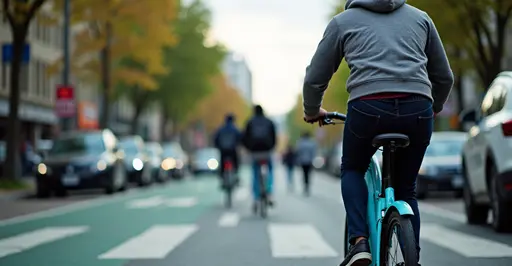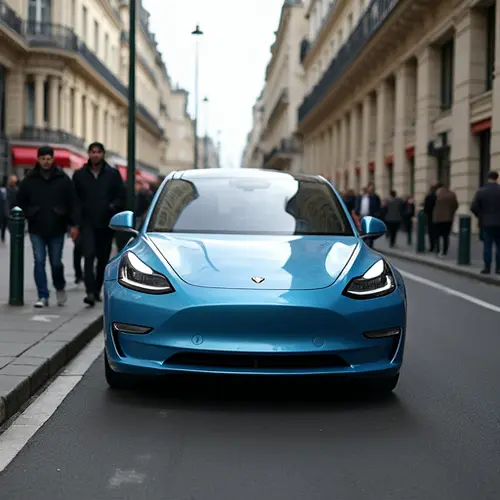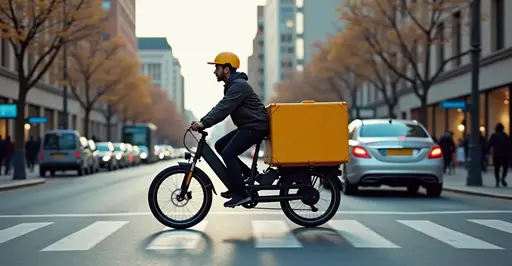
Electric Bike Boom Reshapes Urban Mobility
New data reveals electric bike-sharing usage has doubled in major city centers over the past year. Cities like Amsterdam, New York, and Paris report significant adoption as commuters embrace micro-mobility solutions. The surge comes as urban planners recognize e-bikes' potential to reduce traffic congestion and carbon emissions.
How Cities Are Adapting
Urban centers are responding with infrastructure upgrades:
- New Orleans secured $49.9M in federal funding to expand its Blue Bikes program to 2,000 electric bikes
- 7 miles of protected bikeways being built in downtown areas
- Smart parking docks with charging stations appearing in Barcelona and Montreal
"This isn't just about bikes - it's about reimagining urban spaces," says transportation expert Dr. Lena Müller. "E-bikes fill the critical 'last mile' gap between transit stations and destinations."
Traffic Reduction by the Numbers
A recent study shows compelling results:
| City | Car Trips Reduced | CO2 Savings (tons/year) |
|---|---|---|
| Amsterdam | 17% | 12,400 |
| Paris | 14% | 9,800 |
| New York | 11% | 15,200 |
The data indicates most e-bike trips replace car journeys under 3 miles - traditionally the most congested routes.
Equity Challenges Remain
Despite growth, service gaps persist in lower-income neighborhoods. New Orleans plans to address this by prioritizing bike lane expansion in historically underserved areas alongside its tree-planting initiative to combat urban heat islands.
The Road Ahead
Industry analysts predict continued 25% annual growth through 2028. Key developments include:
- Swappable battery systems eliminating range anxiety
- Integrated payment systems with public transit
- AI-powered rebalancing to keep bikes available
As climate grants accelerate deployment, e-bikes are shifting from alternative transportation to urban essential.

 Nederlands
Nederlands
 English
English
 French
French
 Deutsch
Deutsch
 Espaniol
Espaniol
 Portugese
Portugese





